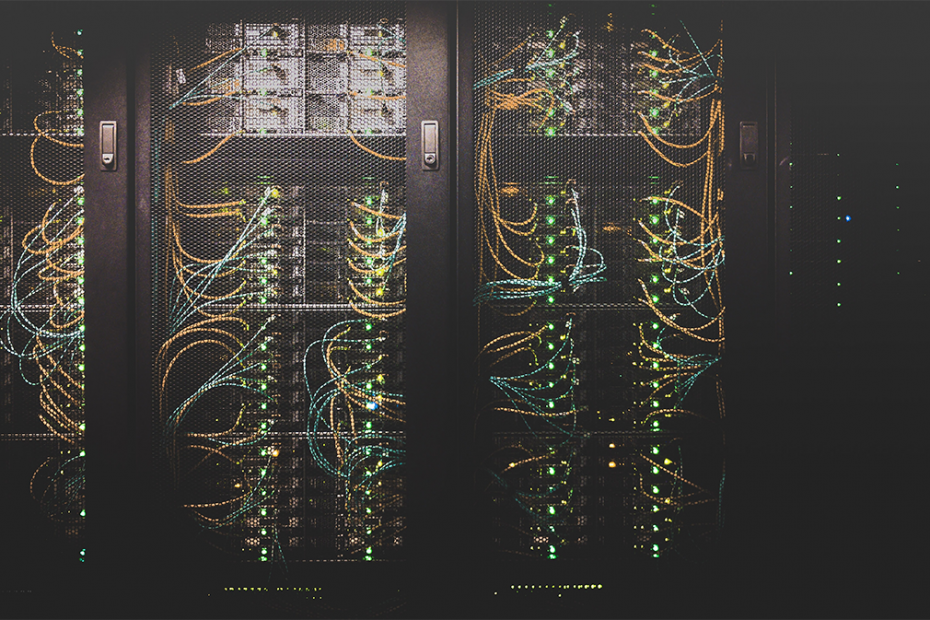Are you interested in learning more about the Cloud vs. On-Premises ERP deployment models? We understand that an ERP software purchase is a big decision. Especially since it impacts the operations of several departments within your organization.
In this article we will look at the main differences between the Cloud ERP vs. On-Premises ERP deployment models and discuss the factors you may want to keep in mind when investing in your next ERP system purchase or upgrade.
What are the differences between a Cloud vs. On-Premises ERP system?
Cloud ERP – Also referred to as Software-as-a-Service or SaaS, a Cloud ERP solution is provided as a service by a vendor (often the software publisher or recommended hosting partner). In this deployment model, the vendor takes care of all the server, hosting and maintenance costs.
On-Premises ERP – In this deployment model, the On-Premises ERP software is installed locally on your in-house servers and computers and your ERP software updates and upgrades are managed by your in-house IT team or ERP Software consulting partner.
What Are the Main Factors to Consider When Choosing Between a Cloud ERP vs. On-Premises ERP system?
Cloud vs On-Prem Access

Cloud ERP
Access to your data and ERP system is usually via the Internet and/or a mobile app. A Cloud ERP would not be a good solution for your business if you lack a stable internet connection.
On-Premises ERP
Access to your data and ERP system, when you are offsite will have to be set up by your IT staff or ERP Consulting Provider.
Cloud vs. On-Prem ERP Implementation

Cloud ERP
The implementation process is usually faster with a Cloud ERP system, because there are fewer modification and customization options in a Cloud ERP system.
On-Premises ERP
The implementation process can be longer because you have more customization and modification options to set up your ERP system.
In most cases, you will need to work with an ERP consulting partner who will assist you with getting the right hardware, installing the software, training and on-going support (e.g. installing updates, making software customizations, creating custom reports etc.) for your ERP system.
